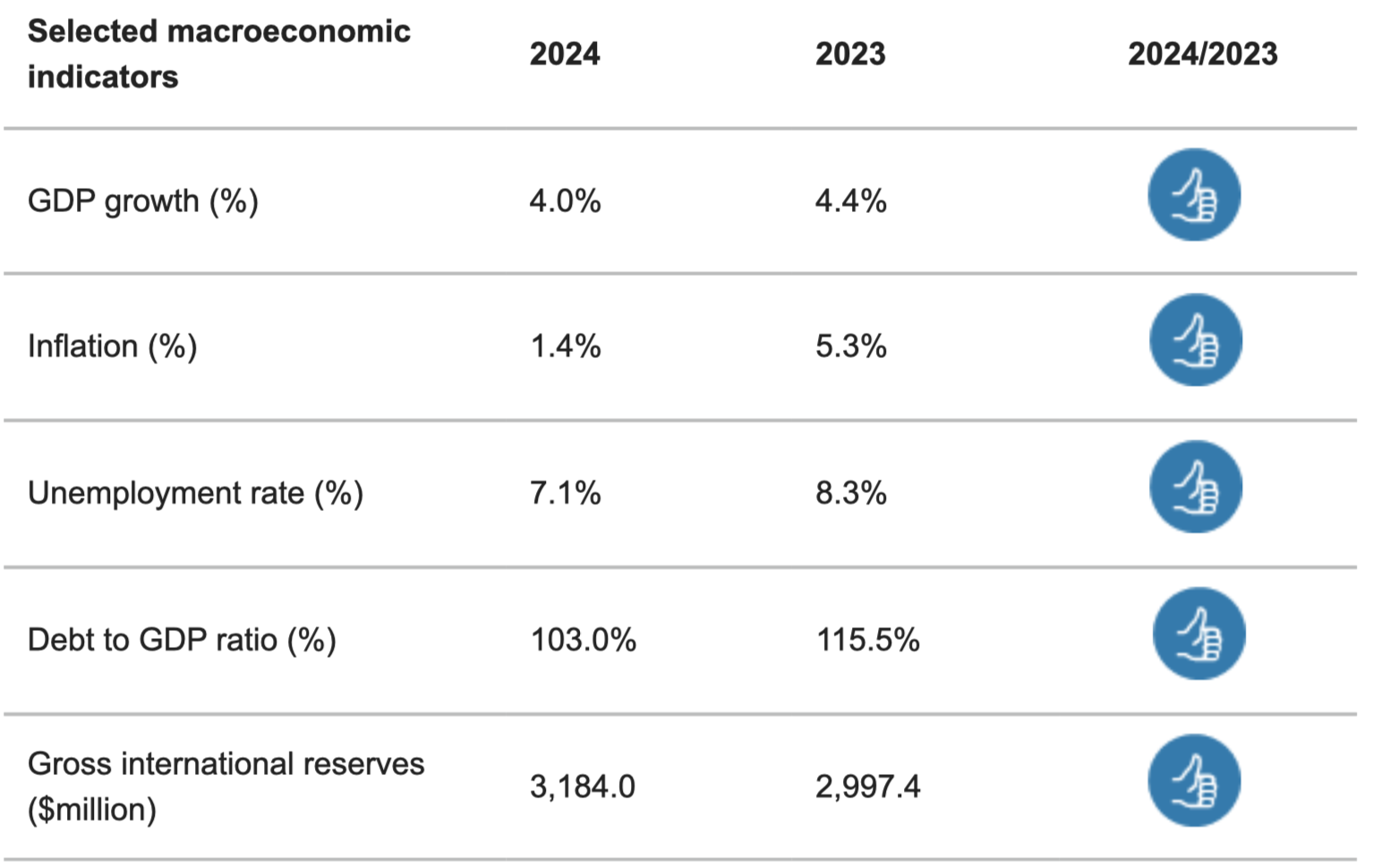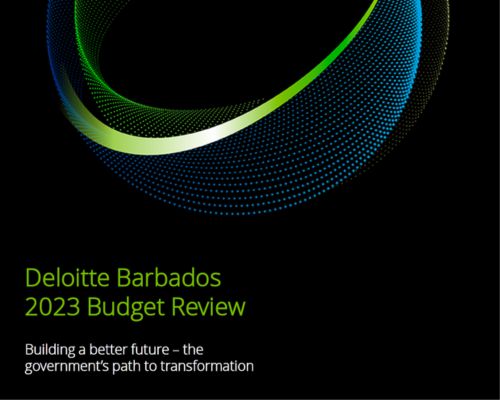
To Better Understand What's Coming, Let's Look at Where we Are
For the first time since a change of government in 2018, Prime Minister of Barbados and Minister of Finance, the Hon. Mia Amor Mottley will not be delivering her government’s budgetary proposals. On 10 March 2025, the Hon. Ryan R. Straughn, Minister in the Ministry of Finance & Economic Affairs, will have the honour of making the presentation. As we eagerly await these proposals, it's crucial to reflect on the recent changes in key macroeconomic indicators for 2024. Understanding these developments will help us anticipate the policies the government might introduce to sustain or enhance these trends.

According to the information published by The Central Bank of Barbados (CBB):
- GDP growth slowed in 2024. Despite the slowdown, this was the third consecutive year of economic growth. The continued growth was driven by strong performances in business services, tourism, construction, and the retail trade sectors in 2024.
- In 2024, Barbados experienced disinflation. Lower international commodity prices and slower increases in the prices of domestic goods and services contributed to this outcome. The CBB indicated that rising international freight cost in 2024 marginally impacted domestic inflation.
- The labour market conditions continued to improve in 2024 highlighted by a reduced unemployment rate. The reduction can be attributed to lower unemployment claims (9,530) when compared to prior year, coupled with 7,900 persons entering the workforce and less retiring.
- Economic growth and a reduction in domestic debt contributed to a decline in the debt-to-GDP ratio. A $130.5 million reduction in domestic debt, and the retirement of $155.3 million of the Government of Barbados 2029 external bonds contributed to this decline.
- Barbados boasted Gross international reserves of $3.2 billion or 31.2 weeks of import cover. This build-up reflected improvements in the current account, in particular, robust tourism activity and higher tax receipts.
We anticipate that the government will introduce or continue with policies that are aimed at sustaining and building upon these positive economic trends. Continued focus on key areas such as economic growth, inflation, labor market improvements, and debt management will be essential. Moreover, the ability to finance Barbados’ resilience to climate change, social deterioration and the changing dynamics of global trade will be challenging. Addressing these priorities is critical to government being successful in its’ efforts to ensure a stable and prosperous future for Barbados.
Deloitte will be there to provide our usual comprehensive analysis and breakdown in our annual budget review, offering insights into the implications of the government’s policies and their potential impact on the Barbadian economy.









-35.avif)
%20(1400%20%C3%97%20900%20px).avif)
-18.avif)


.avif)








